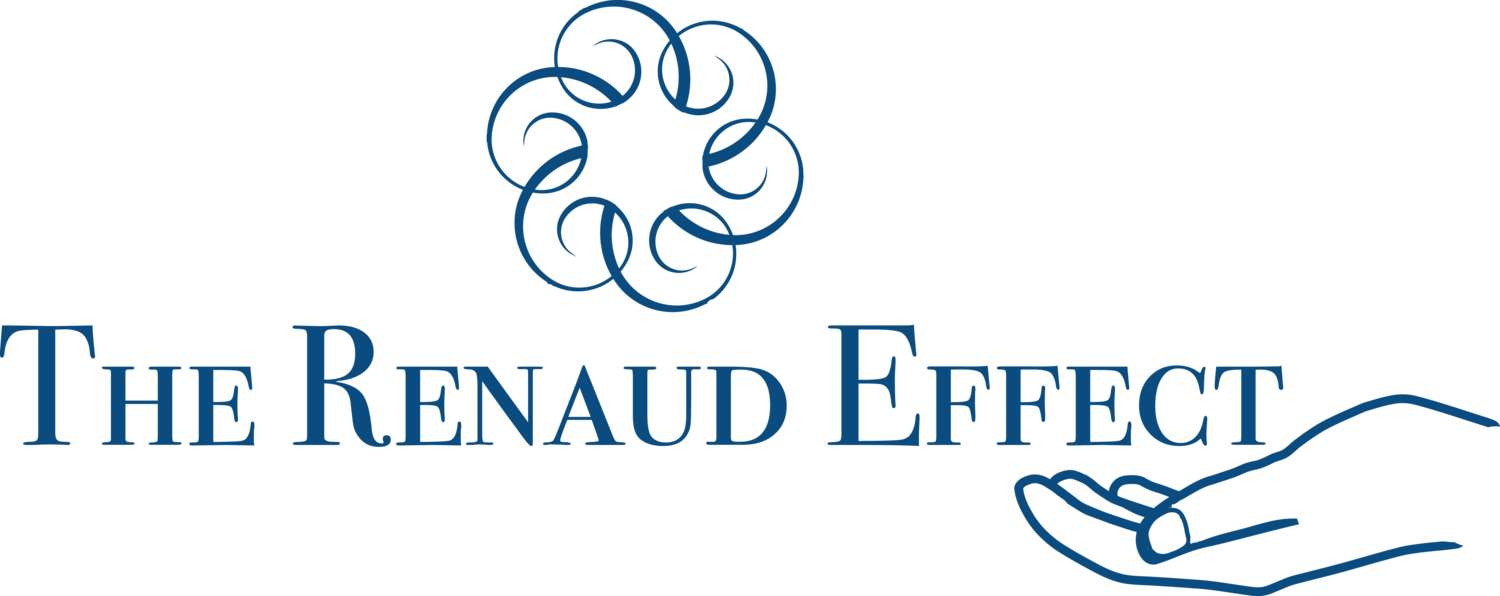Gut Health
Over my 25 years of healing work, I've noticed distinct trends in the health challenges people face and recently, gut issues have been especially prevalent. Some have been mild and manageable, while others have shown up as intense, even leading to hospitalization.
In response, I want to share supportive practices that address this from all levels — spiritual, emotional, mental, and physical. We’ll begin with preventative tools to help maintain balance and then explore approaches for easing mild symptoms, all the way to supporting more serious conditions.
This will be a holistic guide for understanding and nurturing the gut — the center of intuition, digestion, and deep healing.
Prevention, It's always healthiest to manage a balanced diet and take in full nutrition. And taking in your preferences to vegan, vegetarian, meat eating or any modification of these.
A Holistic Guide to Gut Health
The gut is not only the center of digestion but also a powerful source of intuition and deep healing. This guide is designed to help you understand and care for your gut in a mindful, supportive way.
Prevention: Laying the Foundation
The best way to support gut health is through a balanced, nutrient-rich diet tailored to your personal preferences—whether that’s vegan, vegetarian, omnivorous, or somewhere in between. Consistency, quality, and awareness are key.
Basic Daily Practices:
Sit tall while eating to create space in your abdomen.
Eat slowly and mindfully, treating each meal like a meditation. Pay attention to every chew.
Notice the saliva as it builds; this is where one level of digestion begins.
Swallow only when food is fully chewed, with no lumps.
Limit water intake during meals to avoid diluting digestive enzymes.
Tune into your gut: place your hands on your abdomen and ask, "How am I feeling?" Do this regularly throughout the day.
To support deeper gut healing, it's essential to address the emotional and spiritual aspects of your well-being.
To truly heal on a deeper level, emotional and spiritual well-being must also be nurtured.
Emotional pain plays a significant role and cannot be overlooked:
The center of the abdomen is where consciousness resides.
The small intestine reflects clarity and discernment.
The stomach represents our acceptance of life and the world around us and anxiety and fear.
The large intestine holds grief and the letting go process.
The liver is often associated with anger, which can impact digestion and energy flow.
The Kidneys holds emotions like fear.
Guilt can be found in many areas of the body including the gut.
Honoring and processing these emotional layers is vital for lasting gut health and holistic healing.
Being with whatever you have discovered about yourself whether it's positive or negative. Sitting with it and accepting it as a part of you, will calm the anxiety down. While being with it, an understanding will occur and love can come into yourself. If Its negative, don't act on it, change this old thought pattern by introducing gratefulness to your thoughts.
Common Digestive Symptoms & Natural Remedies
Heartburn (Mild to Moderate):
Try soothing herbs: ginger, peppermint, licorice, anise, or digestive essential oils.
Consider HCL (hydrochloric acid) supplements to aid protein digestion and balance pH.
Elevate your head in bed if symptoms occur at night.
Cramps:
Keep meals simple and mild.
Reduce spicy foods.
Favor lightly cooked vegetables, broths, soups, or congee (rice porridge).
Eat smaller portions more frequently.
Take natural anti-inflammatories such as Turmeric (without black pepper) or Boswellia (frankincense).
Supplement with L-glutamine, up to three times daily to support gut lining repair.
Constipation:
Probiotics may support regularity.
Add prune juice, fruit, and fiber-rich foods to your diet.
Consider aloe vera (whole leaf) or a gentle laxative as a temporary aid.
Drink at least 60 oz of water daily.
Practice gentle abdominal massage.
Explore colonics if appropriate.
Move your body—exercise stimulates digestion.
Diarrhea:
Use Imodium for short-term relief only.
Eat binding foods like overcooked rice (as in congee) and bananas.
Stay hydrated with electrolytes throughout the day.
Let's work on this together!Ready to schedule you valuable appointment now?
Important:
If symptoms persist or worsen, consult your doctor. One of the strengths of Western medicine is its ability to offer clear diagnostic insights through testing. Use this to your advantage.
